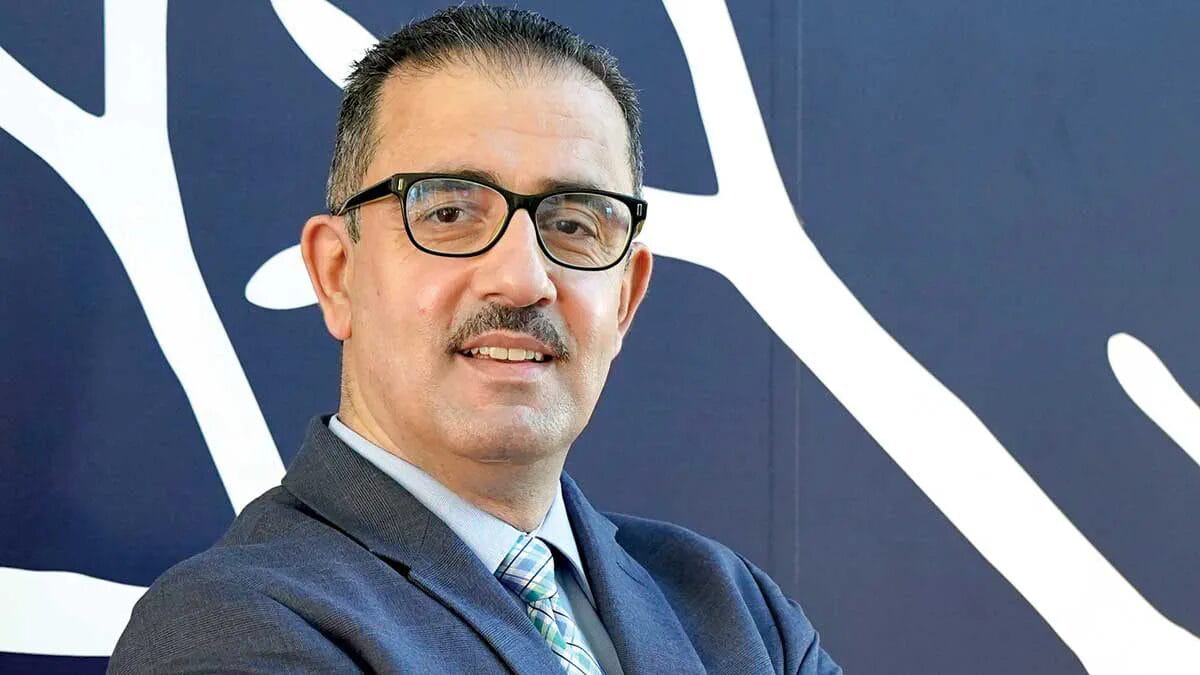Q&A with Amer Amer, Aramco Transport Chief Technologist

Amer Amer, Aramco Transport Chief Technologist
Aramco recently collaborated with Stellantis on research which found that millions of European vehicles are already compatible with expected eFuel formulations. Aramco Chief Technologist Amer Amer explains the significance of the findings and why eFuels represent an important opportunity for the global transportation transition.
What is low-carbon eFuel and why does it matter?
Low-carbon eFuel is a drop-in synthetic fuel made by reacting CO2, captured either directly from the atmosphere or from an industrial facility, with renewable hydrogen. The use of low-carbon eFuel has the potential to reduce carbon dioxide emissions from existing internal combustion vehicles by at least 70% on a lifecycle basis, compared to conventional fuels.
Can you tell us about your work with Stellantis on eFuel research in Europe?
Aramco is exploring low-carbon eFuels as a drop-in solution to potentially reduce carbon dioxide emissions from existing vehicles. Stellantis endorses the use of low-carbon eFuels and estimates they could reduce up to 400 million tons of CO2 in Europe from 2025 to 2050, if used in up to 28 million Stellantis vehicles. The research found that 24 engine families in European vehicles produced since 2014 (Euro 6) are compatible with expected eFuels formulations – without any powertrain modification.
What do the results tell you about the future of eFuels in Europe?
It reinforces our view that synthetic fuel can be a drop-in solution in existing vehicles, and when produced via a low-carbon pathway, can play an important role in reducing carbon emissions in the transport sector and supporting an orderly energy transition.
What measures did you select when testing the performance of the eFuels?
Testing of the surrogate eFuels by Stellantis covers tailpipe emissions, startability, engine power, reliability endurance, oil dilution, fuel tank, fuel lines and filters, as well as fuel performance in extreme cold and hot temperatures.
Where is Aramco working on the development of eFuels globally?
Aramco is currently working on two demonstration plants to explore production of low-carbon synthetic fuels. In Saudi Arabia, Aramco and ENOWA (Neom Energy and Water Company) are demonstrating the production of synthetic gasoline for light-duty passenger vehicles. Meanwhile, in Bilbao, Spain, Aramco and Repsol are exploring the production of low-carbon synthetic diesel and jet fuel for automobiles and aircraft. In addition, Aramco is working with motorsport teams and competitions to further test and demonstrate the potential of low-carbon fuel as a drop-in solution to reduce carbon emissions from internal combustion engine vehicles.



